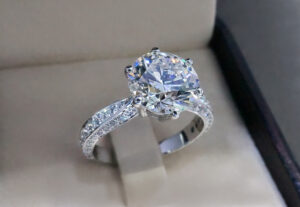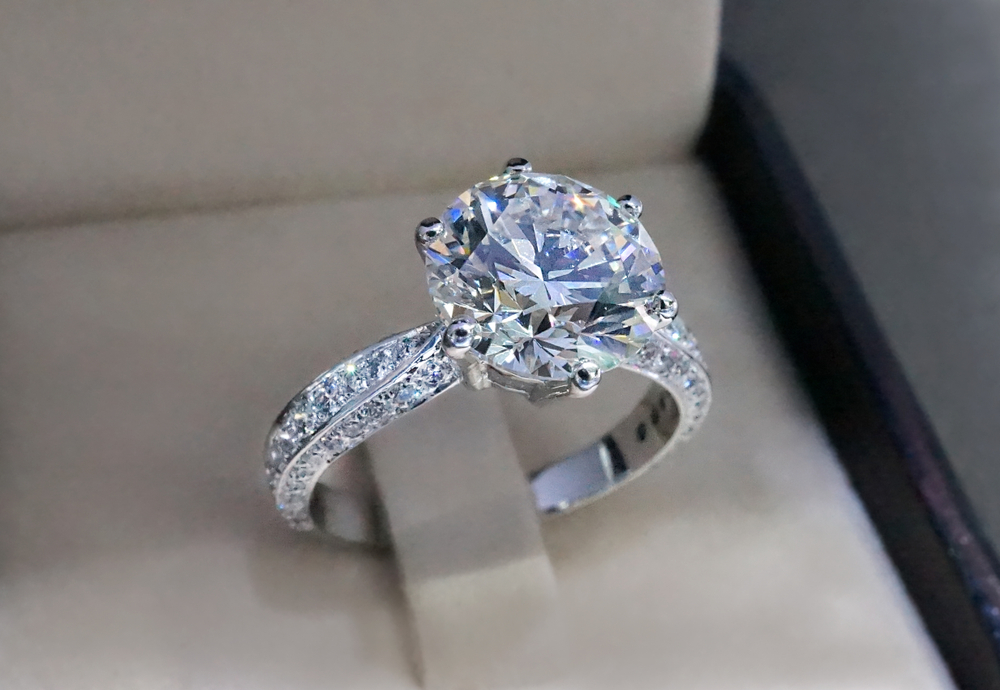
Artificial diamonds and titanium are both renowned for their exceptional properties, but they differ greatly in terms of hardness. In this article, we will delve into a comparison of these two materials, exploring their unique characteristics and applications. Let’s explore how the hardness of artificial diamonds and titanium stack up against each other.
The Hardness Of Artificial Diamonds
Diamonds have long been recognized as the hardest natural material known to mankind, scoring a perfect 10 on the Mohs scale of mineral hardness. Strong covalent connections that develop between the carbon atoms in the diamond’s lattice structure are what give the material its extraordinary hardness. Artificial diamonds exhibit the same remarkable hardness as natural diamonds, making them ideal for a wide range of industrial applications.
Titanium: A Versatile Metal
Titanium, on the other hand, is a lightweight and strong metal renowned for its exceptional corrosion resistance and biocompatibility. It is widely used in various industries, including aerospace, medical, and automotive. While titanium is not as hard as diamonds, it boasts an impressive strength-to-weight ratio and exhibits excellent toughness.
The Hardness Of Titanium
Titanium often scores between 6 and 6.5 on the Mohs scale. Even though it is not as hard as diamonds, titanium is nonetheless remarkable for its hardness, especially given its low density. Due to its capacity to endure strong pressures and resist deformation, this characteristic makes it a fantastic choice for applications that call for strength and longevity.
Comparing Hardness

When comparing the hardness of artificial diamonds and titanium, it is evident that diamonds reign supreme. The exceptional hardness of diamonds makes them highly desirable for cutting, grinding, and polishing applications. While titanium may not match the hardness of diamonds, it compensates with its impressive strength and lightweight nature. This makes titanium an ideal material for applications that require both strength and low weight, such as aerospace components, sports equipment, and medical implants.
In conclusion, the comparison of hardness between artificial diamonds and titanium reveals distinct differences. Artificial diamonds, with their perfect 10 hardness on the Mohs scale, are unmatched in their resistance to scratching and wear. Titanium, while not as hard, possesses impressive strength and a low density, offering a unique set of properties that make it indispensable in various industries. Ultimately, the choice between artificial diamonds and titanium depends on the specific requirements of the application. If hardness is of utmost importance, artificial diamonds are the clear winner. However, if strength, lightweight, and corrosion resistance are the key factors, titanium emerges as the material of choice. Both materials contribute significantly to technological advancements and continue to shape various industries with their remarkable properties.
